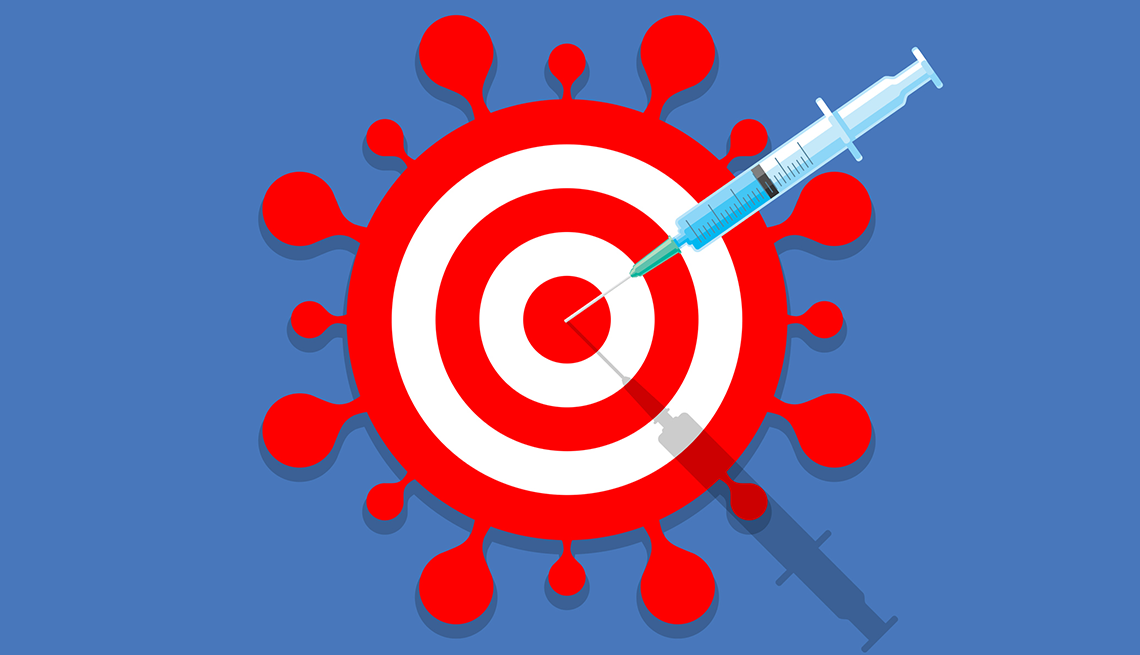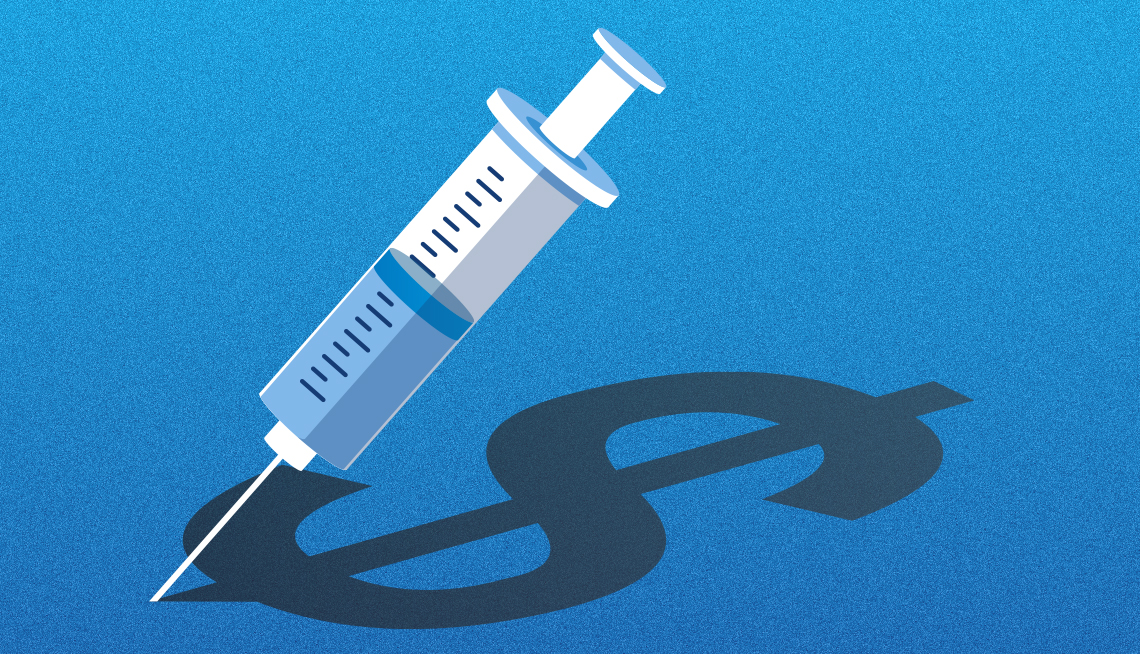AARP Hearing Center


As autumn comes around, so do the placards and public service announcements alerting us to get our flu shots, update our COVID-19 vaccines and generally get on top of the inoculations we need as we get older.
New research offers one more good reason to stay current on your vaccinations: The shots also might decrease the risk of age-related cognitive decline.
Previous studies have shown a cognitive benefit from annual flu shots as well as other vaccines, including the first shingles vaccine (Zostavax), which is no longer used. More recently, a new study suggests the latest shingles vaccine (Shingrix) offers more protection against developing Alzheimer’s disease and other forms of dementia than the earlier version.
“Our study adds to the evidence that, rather unexpectedly, vaccines may have health benefits beyond simply the infection they are designed to prevent,” says the study’s senior author, Paul Harrison, M.D., professor of psychiatry at the University of Oxford. “This is especially true for the new shingles vaccine, which in our study was associated with a significantly lower risk of dementia in the following six years compared to the previous shingles vaccine,” as well as to other vaccines.
“Vaccination is the right thing to do to protect yourself from flu and other infections,” says Paul E. Schulz, M.D., professor of neurology and director of the Neurocognitive Disorders Center at the McGovern Medical School at UTHealth Houston. “Now there is also the potential fringe benefit of vaccination, which is reducing the risk of Alzheimer’s.”
The early studies found that those who get vaccinated for the flu and other infectious diseases appear less likely than their unvaccinated counterparts to get dementia — although it’s unclear why.
Scientists are still studying what happens in the brain to cause this.































.jpg?crop=true&anchor=13,195&q=80&color=ffffffff&u=lywnjt&w=2008&h=1154)


















































More From AARP
Are COVID-19 Vaccines Still Free?
Feds no longer paying the bill
What to Know About the Tdap Vaccine
Details on what the shot does — and when you need itTurning 50? Go Get A Shingles Vaccine
It's extremely effective, preventing a super-unpleasant infection. So why don't more adults get it?